English Language Arts Curriculum
4th Grade
|
Course Purpose: |
Students will apply foundational skills when reading to learn and understand other subjects. Students will write narratives and support other writing with opinions and explanations with the use of text evidence. |
Outcomes and Components:
|
LA.4.5 |
Students will create and present a one page, typed opinion piece utilizing textual evidence. | ||
|
Pacing Instruct/ Assess |
Component Code |
Component |
Standard(s) |
|
LA.4.5.1 |
Explain how the author’s use of reasoning and evidence supports a text. | 4.RI.8 | |
|
LA.4.5.2 |
Utilize textual evidence to support an opinion by using quotations from a text. |
4.RI.1 4.L.2b |
|
|
LA.4.5.3 |
Use transitional words and phrases to link opinions and reasons. Include an introduction and conclusion. |
4.W.1a 4.W.1b 4.W.1c 4.W.1d |
|
|
LA.4.5.4 |
Revise and edit an opinion piece of writing. | 4.W.5 | |
|
LA.4.5.5 |
Produce clear and coherent writing appropriate to purpose and audience. | 4.W.4 | |
|
LA.4.5.6 |
Choose words and phrases to convey ideas precisely. Choose punctuation for effect. |
4.L.3a 4.L.3b |
|
|
Academic Vocabulary: evidence, persuasive, transitions |
|
Content Vocabulary: fact, opinion, persuasive |
